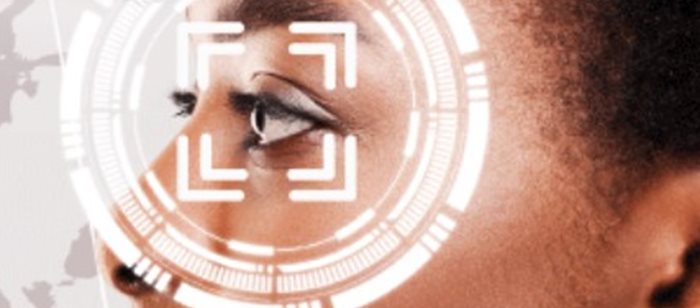
The ability to carefully mobilise these technologies and innovations will make a difference in lives, such as driving greater inclusion in sectors like financial services and healthcare, especially among the vulnerable or those living in hard-to-reach areas.
Some countries have been able to harness the potential of newer and disruptive technologies to advance economic growth, as seen in developing these capabilities which increased their agility to gain a competitive edge.
The ability to carefully mobilise these technologies and innovations will make a difference in lives, such as driving greater inclusion in sectors like financial services and healthcare, especially among the vulnerable or those living in hard-to-reach areas.But there’s more to the digital revolution.
Identity management covers the digital economy, e-identity, national security, global threats and the increasing dependency of governments to improve the quality of life of their citizens, as indicated in our ‘Digital Identity: A South African Journey’ report.
India, Estonia and Sweden have implemented successful digital-identity structures for their country's needs. India’s centralised digital-identity ecosystem model is an all-inclusive identity management system. As a unique identifier, it is accepted by all citizens.
This single identifier is used across all major service sectors, benefitting businesses and individuals alike in areas such as e-KYC, government aid, social welfare schemes and direct benefit transfers.
Observing the different programmes that are in progress around the world – including experiences from our own programme that we are starting up as a collective – it would not be amiss to add that identity management is complex.
Every programme must be robust, secure, and all-inclusive. The design needs to meet each country's current identity-, social-, political- and economic needs – and those in the future. Also under consideration is the ecosystem, stakeholders, and the regulatory and policy framework. Crucially, in this fast-moving, digital age, protecting data privacy and security is critical for any external threats or unethical use.
With the 4IR topping the agenda, we are on an exciting path to developing a unique digital-identity programme to support the South African Reserve Bank’s Vision 2025. We believe this programme will champion and sustain the Department of Home Affairs’ ongoing role as the single dedicated entity for identity management in the country and the golden source of identity for South Africa.
Our programme is making tremendous headway with the growing digital-identity community of members from the public and private sectors as we strive to create a digital identity for all South Africans and residents together.